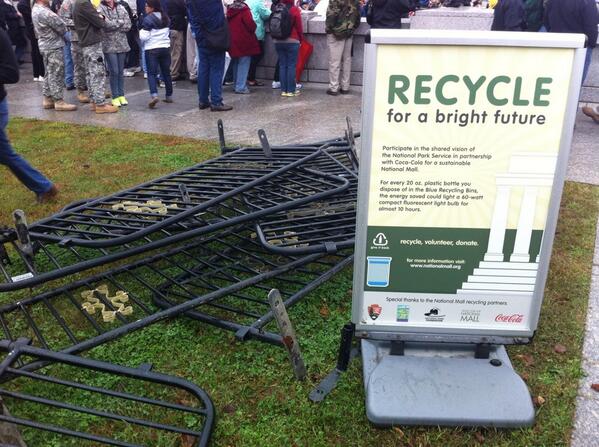The Fiscal Cliff | Spending
Sunday October 13, 2013 | Congressional Record Excerpts
Page:
S7440
The Budget Control Act allowed substantial
growth in spending. Instead of
growing $10 trillion over the next 10
years, we would have reduced the
growth of the budget to $8 trillion. It is
not really a cut over the 10-year period.
The President submitted a budget in
February of 2012, 6 months later, that
would spend $1 trillion over those cuts.
The Democratic budget that just
passed this year—the first time in 4
years—would have increased spending
by $1 trillion over those cuts. I am a
little bit uneasy because I think there
is an effort, and there will be an effort,
which is unacceptable, to deal with
those cuts—or to break the caps that
limit the growth of spending, which is
the right way to say it. Of course, there
are some cuts we need to make.
S7441
President Obama took office and rammed
through, with unanimous Democratic
support, a stimulus bill that added $1
trillion to the debt of the United
States—the biggest single spending bill
ever, and every penny of that borrowed
because we didn’t have any money. We
were already in debt. So we borrowed
$1 trillion to spend.
So for 5 consecutive years we will
have averaged over $1 trillion in deficits
per year. We have never been over
$500 billion a year before that, and $1
trillion is $1,000 billion. So President
Obama’s average in 5 years is unprecedented.
It is stunning. We have never,
ever seen such a debt accumulation in
such a rapid period of time. I think we
need to understand that. Our colleagues
continue to defend it and still
want to spend more, and their budget
would spend $1 trillion more that they
voted on and passed in this Congress.
They use the word ‘‘extreme’’ for
anybody who wants to reduce spending
and try to attack people who want to
reduce spending.
By what definition can we call what
we have been seeing for the last 5 years
a success? It is just not. That is the
problem. We have taxed more, we have
spent more, we have regulated more,
we have borrowed more, we have stimulated
more, and it hasn’t produced
solid growth. We have had the slowest
recovery from a recession since the Great Depression.
So this is the plan. Reduce wages
that results in an increase in unemployment,
more part-time jobs, more
regulations, and higher energy costs.
And we make that up how? Well, the
government will just borrow money
and subsidize people in need.
Senator Sessions State of Alabama


